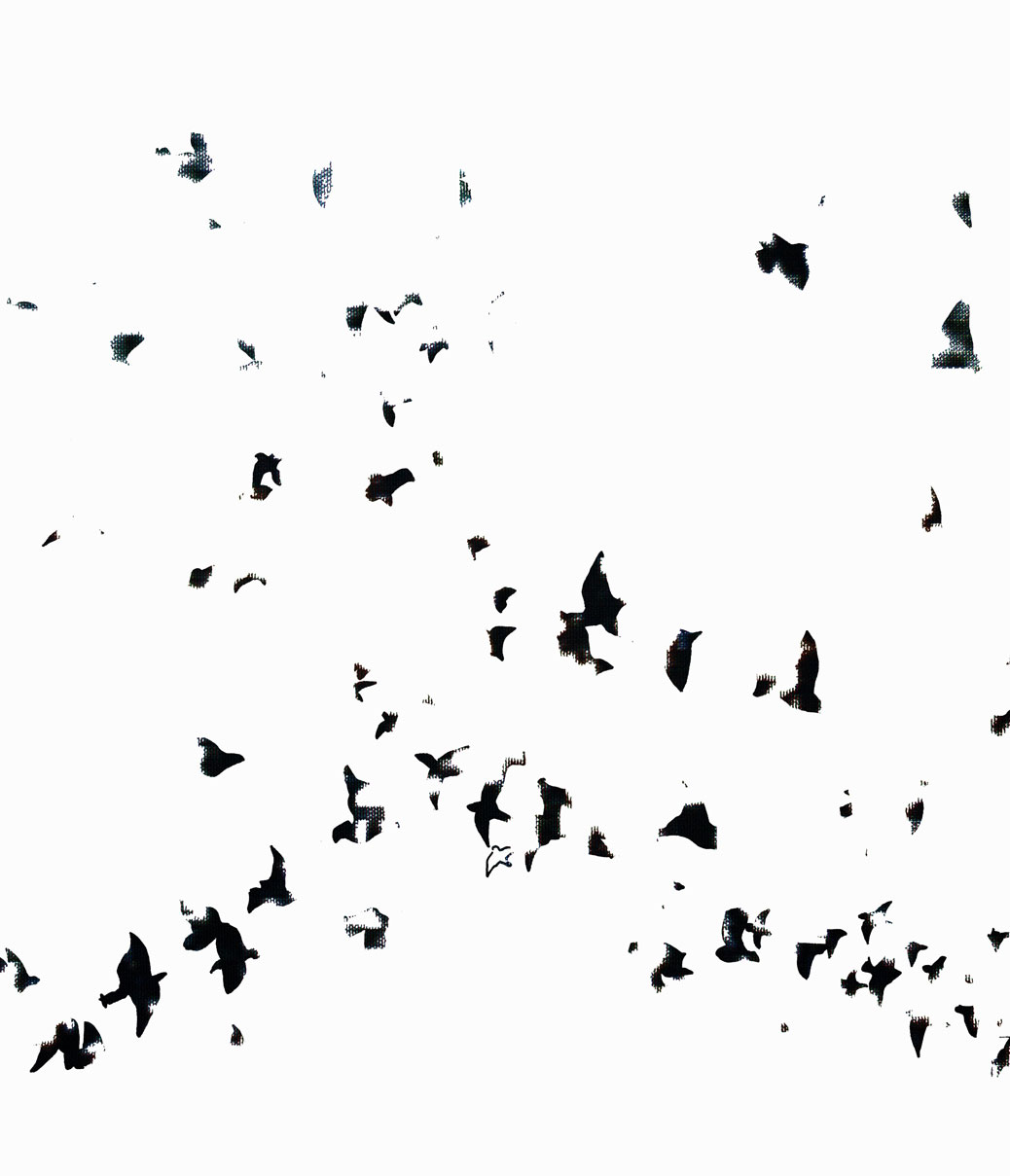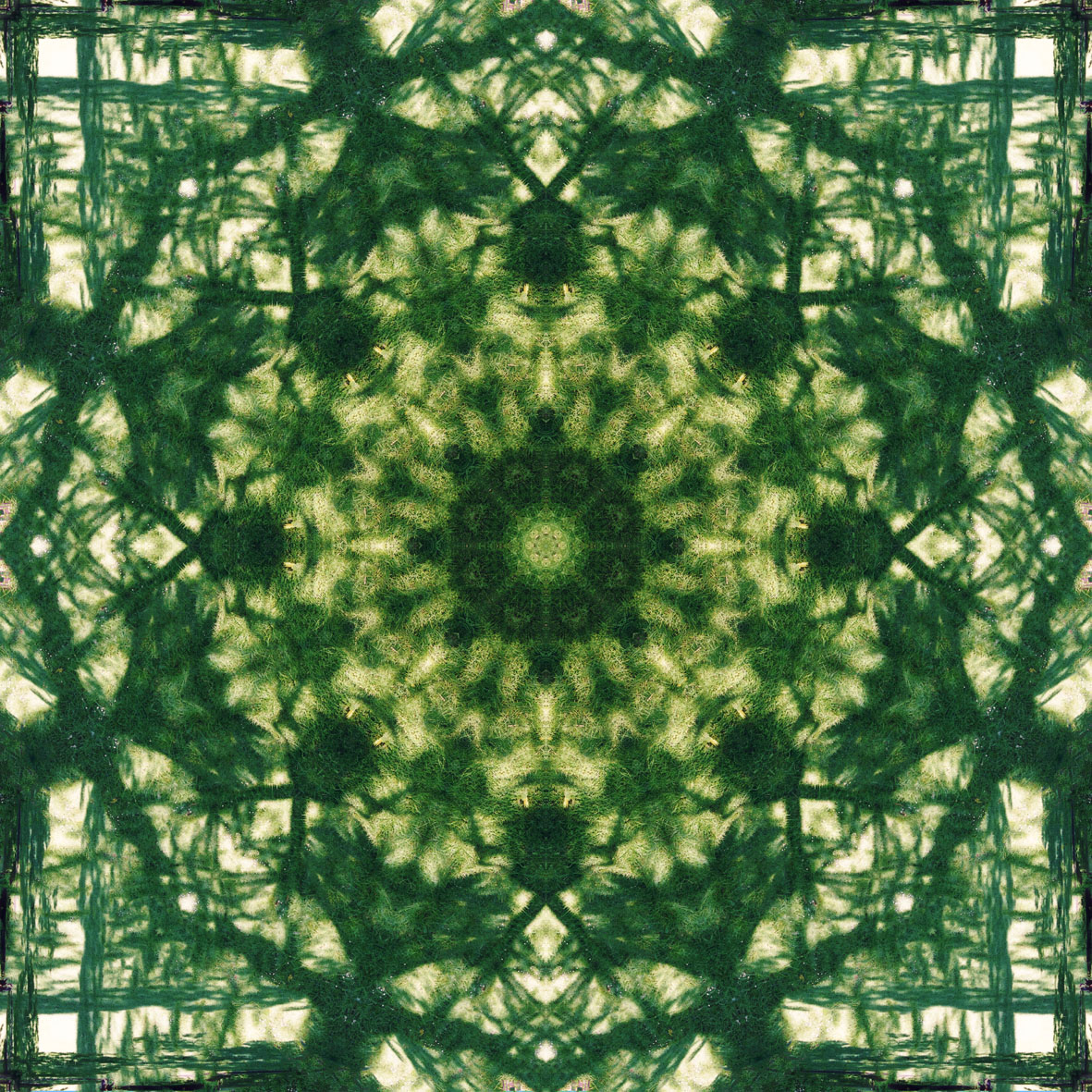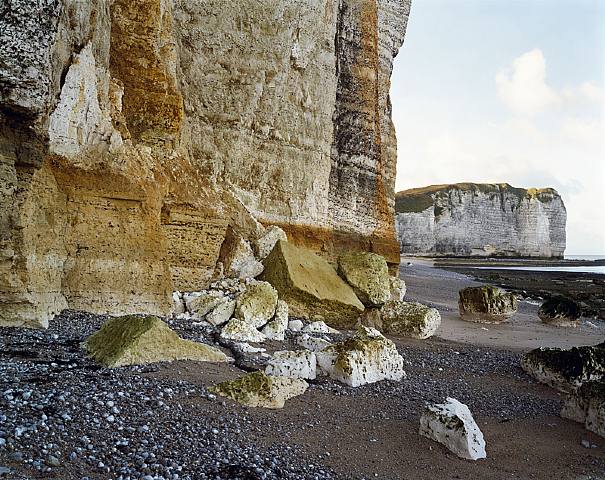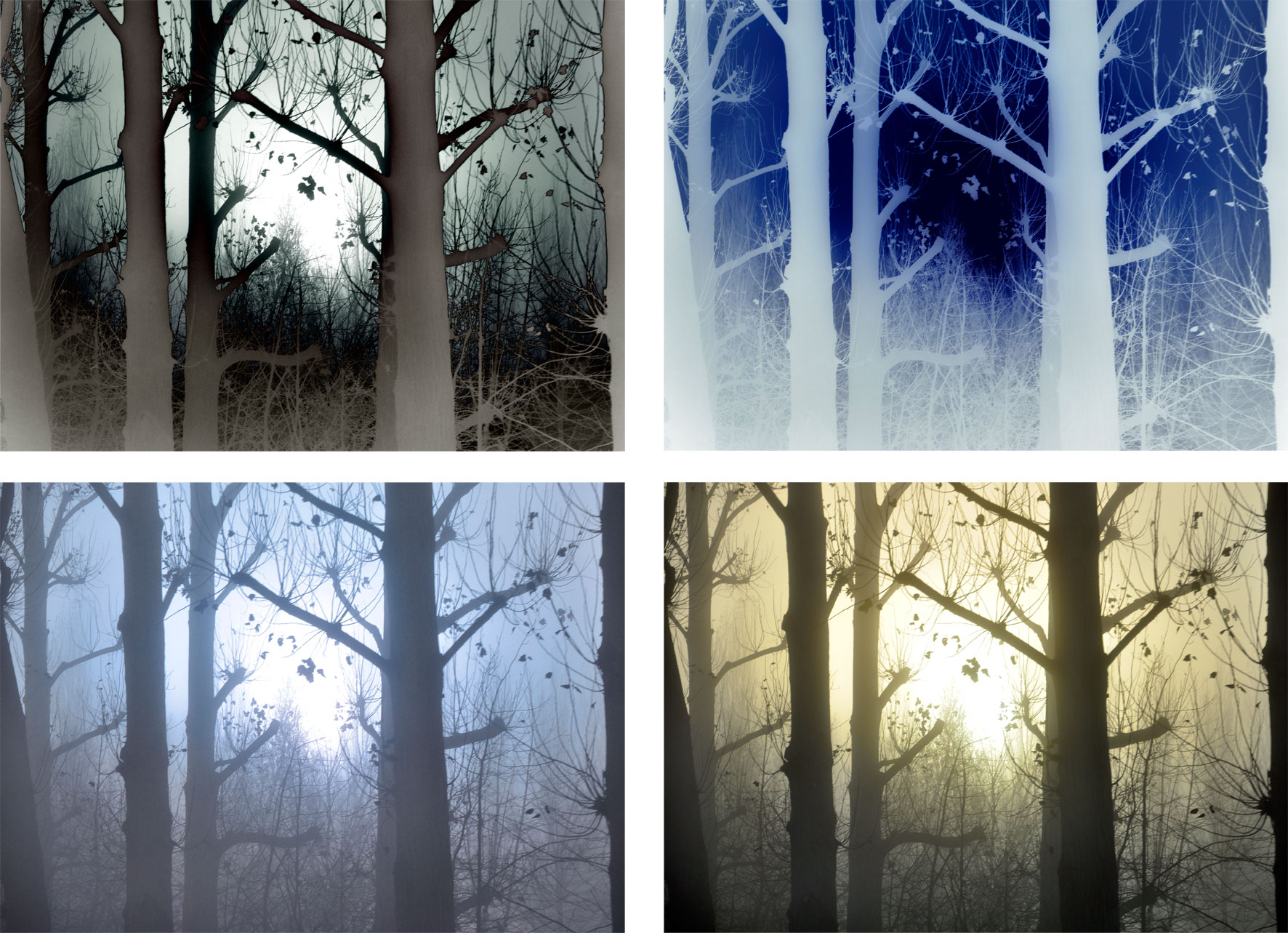Being in the natural world is hugely important to me, it’s vital – because I don’t get that sense of wonder and awe anywhere else, I really don’t get it inside a building or even inside a church. I get it outside. I think when you go around the world filming, you come across endless little moments that mean a lot all of a sudden – and some of them are in exotic places like Africa and so on. But there’s a beautiful spectacle that happens just here, you don’t need to go to Africa or South America to experience anything like that. In the Somerset levels every winter, there is the winter roost of starlings, and you can have a million starlings, gathering together over the Somerset levels, swirling around in these wonderful wonderful patterns. And you just think, wow, I’m awed, I’m speechless really, as to the beauty of what I’ve just seen.
When we listen to a dawn chorus what you’re listening to is beautiful bird song. I always think it’s very interesting that that beautiful bird song is a result of sheer competition, sheer aggression, quite often in birds. They’re really aggressively saying, keep out of my territory, and they’re really aggressively saying come and mate with me. It’s not a beautiful thing, in that sense, they’re not singing great praise. They’re staking their territory in no uncertain terms, and yet we find it beautiful. I can’t explain why the natural world is full of suffering, and that’s quite a human term but, it’s full of death and it’s full of pain no doubt about that. I don’t understand why that’s an integral part of it, but I do know that’s a very important part of it, and that there’s something in the message of suffering which is very important in the Christian message.
All of that mixes in to an understanding of faith. And I think we need to build up an awareness in everybody that this planet is absolutely unique – for example, this is the only planet that sings. As far as we know, in the whole of the rest of the universe, there isn’t a singing planet. And I think if you believe that this is a planet which has God behind it, then it will reflect the face of God to you. And I think that reflection of God in the natural world is unique. What science is telling us that we are really intimately connected to everything else. We’re not some angel-like beings which are floating around on top of everything else that’s out there. We are fundamentally tied in, in a very basic level – at the level of our cells, in our genes, the stuff we’re made out of. Which I think challenges us to take a different view of ourselves – that we’re not that separate, that we do have to rely on and take seriously our connection with everything else around us.
Mary Colwell (producer at BBC Bristol, Natural History dept, speaking on Songs of Praise, Bristol – May 3rd 2009)
Header image: Flock, 2008, by Sheona Beaumont.



